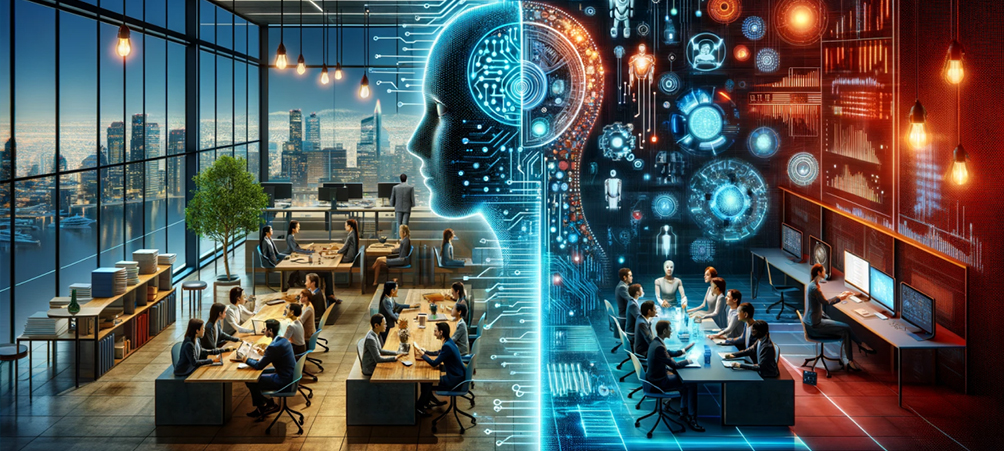When we think about the role of Artificial Intelligence (AI) in business, we often focus on its capabilities, such as process optimization, service personalization, and decision-making improvements. However, it is equally important to recognize the limitations of AI and what it cannot do for your business. In this article, I seek to share some critical aspects that AI, no matter how advanced, cannot accomplish in a business environment.
Firstly, AI cannot completely replace the human element, especially in areas that require empathy, moral judgment, and a deep understanding of human nuances. Creativity, innovation, and leadership are aspects deeply rooted in human experience and intuition, which machines still cannot replicate. While AI can help with decision-making, the ultimate responsibility and strategic insights still lie with human leaders.
Moreover, AI cannot guarantee business success on its own. It is a tool that, if used properly, can lead to significant enhancements. Nevertheless, without a clear strategy, well-defined goals, and careful implementation, AI technology can become more of a burden than a benefit. AI is no substitute for the need to have sound business planning and effective implementation.
AI also has limitations when it comes to understanding complex cultural and social contexts. While it can learn patterns and trends, sensitivity to cultural nuances and the ability to adapt to ever-changing environments are areas where AI is still unable to operate efficiently. This means that companies cannot rely solely on AI to understand and interact with a diverse spectrum of customers and markets.
Fourth, AI cannot eliminate all risks associated with business. Although it can help identify and mitigate certain risks, the uncertainty inherent to the business world and the unpredictable nature of the market and innovation mean that there will always be elements of risk that AI cannot predict or control. Strategic decision-making and risk management still require a human touch and contextual understanding.
AI also cannot automatically ensure business ethics or regulatory compliance. While it can assist in identifying potential violations and reinforcing standards, ethical governance and regulatory compliance are deeply rooted in human values, laws, and cultural norms. Companies cannot relinquish their ethical and legal responsibilities to AI, but should use it as a tool to bolster their policies and practices. I remember a project in which I had the opportunity to contribute to a large company at a global level. In the course of the journey of adopting robotic process automation, this company engaged in a series of discussions about the autonomy/legal responsibility of the actions carried out by the bots implemented there.
Additionally, AI cannot provide a sustainable competitive advantage by itself. The rapid development and the widespread adoption of AI technology mean that any competitive advantage is temporary. To maintain long-term relevance and success, companies must continue innovating, adapting, and investing not only in AI but also in other strategic areas.
Finally, AI cannot work in isolation and deliver results without proper integration with existing business systems and processes. Successful AI implementation requires a holistic approach that considers the company’s technology, people, processes, and culture. Without careful integration and strategic alignment, AI cannot play its role efficiently and contribute to the success of the business.
Even though we believe that AI offers many exciting possibilities for business, it is crucial to recognize its limitations and what it cannot do. Understanding these limits allows companies to implement AI solutions more effectively, aligning it with human strategies and business goals, and avoiding over-reliance or unrealistic expectations on technology. By doing so, enterprises can maximize the benefits while mitigating their risks and limitations.
Do you agree or disagree with the “impossibilities” of Artificial Intelligence so far?
Homero Tavares
Director of Software Engineering and Artificial Intelligence at T.O. Brasil


